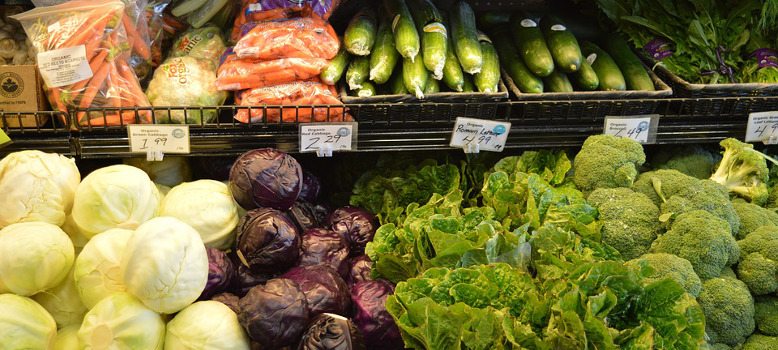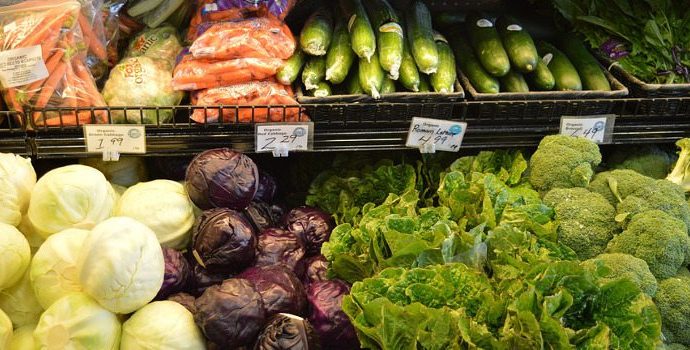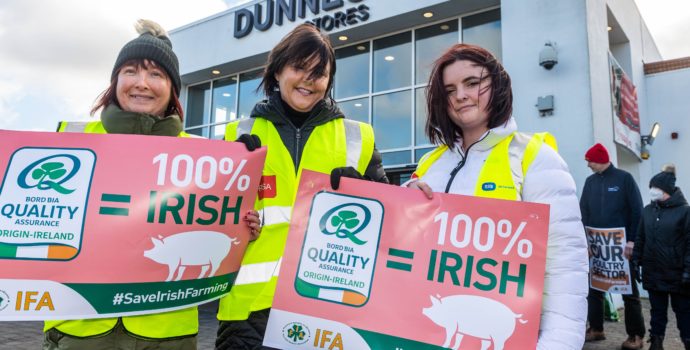Stronger Regulation Needed to Protect Farmers – IFA President

IFA President Tim Cullinan addressed the Joint Oireachtas Committee on Agriculture this week on the issues facing the pig, poultry, horticulture and potato sectors.
He highlighted the challenges facing the sectors, including spiralling production costs and ever-tightening margins as a result of the dominant position of a small number of retailers.
The IFA President said the three sectors are going through a very difficult time. “Farmers are faced with exorbitant increases in the cost of energy, feed and fertiliser. Between this and the action from retailers, it’s creating undue and unfair pressure on our primary producers.”
“These costs cannot be borne by farmers without significant increases in the food chain being passed back to them. Unless Government action is taken, these challenges pose a significant threat to the viability of primary food production across the pig, poultry, horticulture and potato sectors,” he said.
It’s estimated the number of field growers is now below 100, from a point over 20 years ago where we had nearly 400.
“This can be almost exclusively attributed to the lower price paid by big retail buyers to their end suppliers, forcing primary producers out of business. Over 90% of our beef and dairy products are exported and are doing better in world markets than farmers supplying fresh produce within our own country,” he said.
Tim Cullinan said the Government must stop below cost selling and implement this into Irish law, which in turn needs to be stringently regulated by the new Food Regulator Office. Retail buyers must be held accountable and our food producers must be given appropriate legal protection.
“It’s a sad day when Irish consumers are purchasing fruit and vegetables brought in from external markets, when so much more could be done to support our own,” he said.
The Department of Agriculture, Food and the Marine has recognised the primary producers share is well below the EU average.
Tim Cullinan said “It’s time to act on this. These sectors need regulation with real statutory powers of investigation and enforcement to ensure there is equality in the food chain”.




